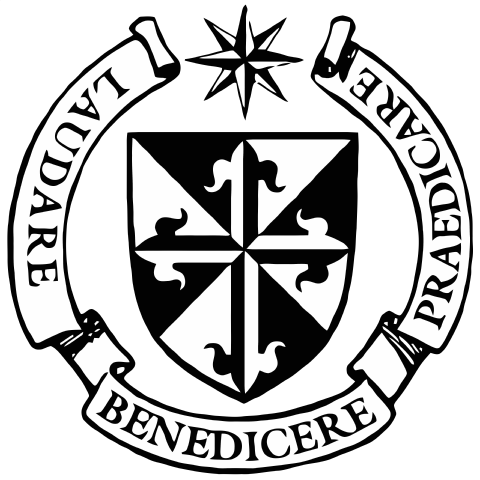St. Albert the Great
Feast Day: November 15
Albert of Lauingen was born in Swabia (Germany) at the beginning of the thirteenth century. While a student at the University of Pavia he was attracted to the Order by Blessed Jordan of Saxony.
From 1242 until 1248 he taught at the University of Paris where Thomas Aquinas was one of his students. Albert helped to introduce Aristotelian physics as interpreted by Jewish and Arabian philosophers into Western thought. From 1248 he taught at Cologne and served as provincial of Germany (1254-1257). Together with Saint Bonaventure he defended the right of the Mendicant Orders to teach in the universities.
He was named bishop of Ratisbon in 1260, but after two years he resigned because he considered himself unworthy. He continued his teaching at Wurzburg, Strasbourg and Cologne. In his attempts to blend the wisdom of the saints with human knowledge he was a distinguished writer and teacher, but he was even more distinguished in his life of holiness and his pastoral charity. He had a deep devotion to the Blessed Sacrament and to the Virgin Mary who according to legend led him to the Order of Preachers.
Because of his writings he is called “the Great” and the “universal doctor.” He died at Cologne on November 15, 1280. In 1459 Pius II declared him a doctor of the Church; in 1931 Pius XI declared him a saint; and Pius XII named him patron of those involved in the natural sciences.

